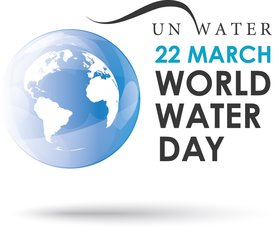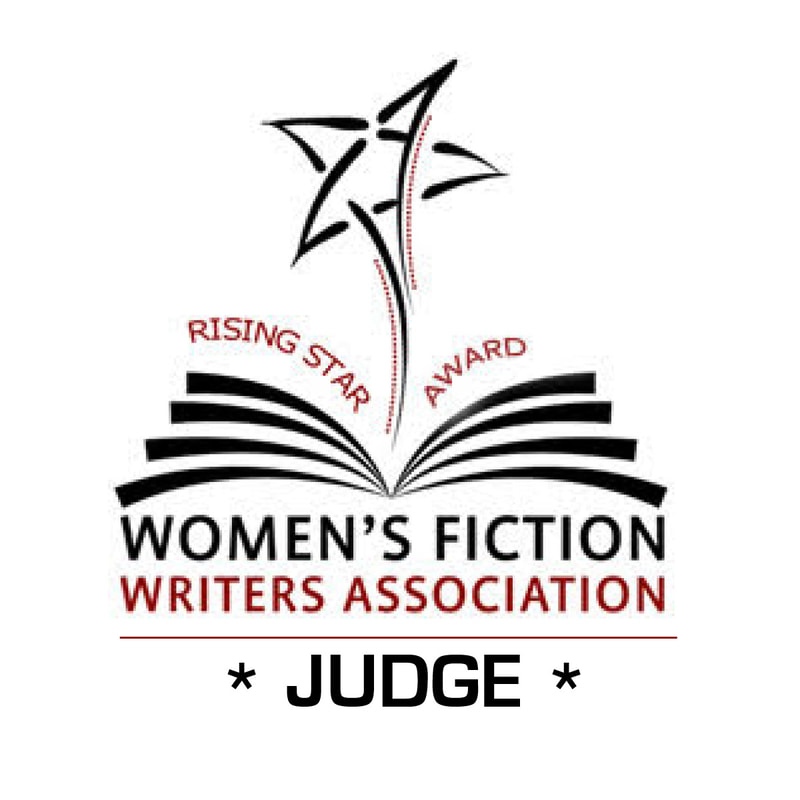Clean water is something those of us here in the United States and in other first world countries often take for granted. It isn't always so. Within the past few years, children were poisoned in Flint, Michigan because of lead contaminated water and we've had Native Americans in Standing Rock, North Dakota, protesting against oil pipelines that threaten their supply of clean water.
The problem is even more acute in third world countries, were clean water is far from being a given. The UN estimates that 1.8 billion people use drinking water from contaminated sources, putting them at risk of contracting cholera, dysentery, typhoid, and polio. Unsafe water and poor sanitation cause around 842,000 deaths every year.
Several years ago, the UN, in co-operation with countries around the world, pledged to make sure that everyone has access to clean water by 2030.
This year's theme, Why Waste Water?, is about reducing and reusing wastewater.
Like me, you probably learned about the water cycle sometime in elementary school. It is a simple concept: Rain falls and then evaporates back up into clouds. The clouds get heavy with rain. Rain falls.
It is, of course, not quite that simple. In the real world, rain falls and people use the water to drink, to water their livestock, to water their plants, and to power industry. Used water becomes wastewater. Untreated wastewater can be filled with all manner of harmful pollutants. Here in the first world, we filter our wastewater before discharging it back into rivers and streams. But in the third world, water is often discharged without much filtering. Or, if filtered, the filter systems may be old and unable to remove certain toxins.
Properly filtering wastewater to make it potable again is a key part of this initiative. Safely managed wastewater will gives people living in extreme poverty a sustainable and affordable source of water.
According to the UN, the benefits of this initiative far outweigh the costs. These initiatives will provide new business opportunities and create green jobs. To my mind, it is hard to put a price on good health and environmental sustainability.
Water is at the very center of life. It is priceless.
For more information on World Water Day, please visit http://www.worldwaterday.org/



 RSS Feed
RSS Feed

